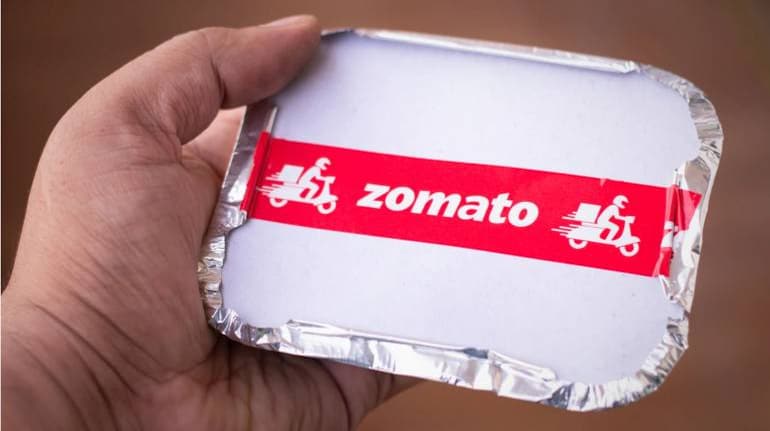
Gurugram-based food tech player Zomato on December 27 informed the exchanges that the company "strongly believes" it is not liable to pay any tax on delivery charge since the amount is collected on "behalf of the delivery partners".
Last month, it was reported that the Directorate General of GST Intelligence (DGGI) issued a demand notice to Zomato and rival Swiggy, asking the two companies to pay pending tax dues of Rs 400 crore and Rs 350 crore, respectively. The estimated GST demand was calculated based on the delivery fee the two companies collect on each order.
The DGGI said that food delivery is a service and, therefore, Zomato and Swiggy are liable to pay GST on service at a rate of 18 percent. The industry view, however, was that the two companies are mere platforms and they only collect delivery fee on behalf of gig workers. Since the entire amount is then transferred to gig workers, the tax burden falls on the gig workers and not Zomato or Swiggy.
However, since each gig worker is below the Rs 20 lakh-threshold, they are exempted from GST.
"The company strongly believes that it is not liable to pay any tax since the delivery charge is collected by the company on behalf of the delivery partners. Further, in view of the contractual terms and conditions mutually agreed upon, the delivery partners have provided the delivery services to the customers and not the company. The company will be filing an appropriate response to the show cause notice (SCN)," Zomato said in its regulatory filing.
"Please note that a disclosure is required to be made only of orders with penalties passed by authorities or pending litigation/dispute that has a material adverse impact on the company. At this stage, no order of any kind has been passed and as mentioned above, the company believes that it has a strong case on merit," it added.
Broadly, a food delivery bill can be broken down into two components: the food bill and the delivery charge. While the food is already taxed at 5 percent, the delivery component has been excluded from the scope of tax so far.
Ayush Mehrotra, Partner, Khaitan & Co, said that if the authorities begin to tax the delivery component, then food orders are bound to get costlier for the end consumer.
“Ideally, the delivery fee component should not be taxed at all. We are yet to see which tax head the DGGI puts this under, because there is no specific tax head where this component will fit. So, for now we have to assume that if the new tax is levied, it will have to be the median tax rate of 18 percent…so of course food orders will get costlier,” Mehrotra said.
While tax authorities may look at the consolidated numbers in companies’ books of accounts and think that the GST amount from the delivery fee component is large, if one compares it with the number of delivery partners, among whom this entire amount will be spread out, it will be a very small amount individually, legal experts said. They added that the DGGI holding companies accountable, instead of each gig worker, is not ideal.
“The point is, tomorrow the government cannot say that it is going to tax only the fortune 100 companies which are operating in India, because it can't go and collect tax from 140 crore people who are living in the country. You can't be saying that, it's an absurd argument. There is a clear disconnect. It just seems like it's an ambitious recovery which will impact the growth of these startups,” Mehrotra added.
While companies like Zomato and Swiggy do not show the delivery fee as a part of their revenues, other players like Thrive, another food delivery startup, said the delivery fee it charges is part of its total revenue so it is taxed.
Dhruv Dewan, co-founder, Thrive, a food delivery startup explained that his company had not received any such notice because of a difference in accounting mechanism.
"When we were setting up operations, we were advised to show the delivery fee as part of our revenue and then disburse it among our delivery partners. And because of that arrangement, we've always levied 18 percent GST on the delivery component of the total bill. We played it by the book so we've not received any such notice from DGGI," Dewan said.
"The flipside to this approach, however, was that our delivery fee has always been 18 percent higher than what Zomato and Swiggy would charge, so the total bill amount would be slightly higher when comparing like-for-like."

Check Free Credit Score on Moneycontrol: Easily track your loans, get insights, and enjoy a ₹100 cashback on your first check!